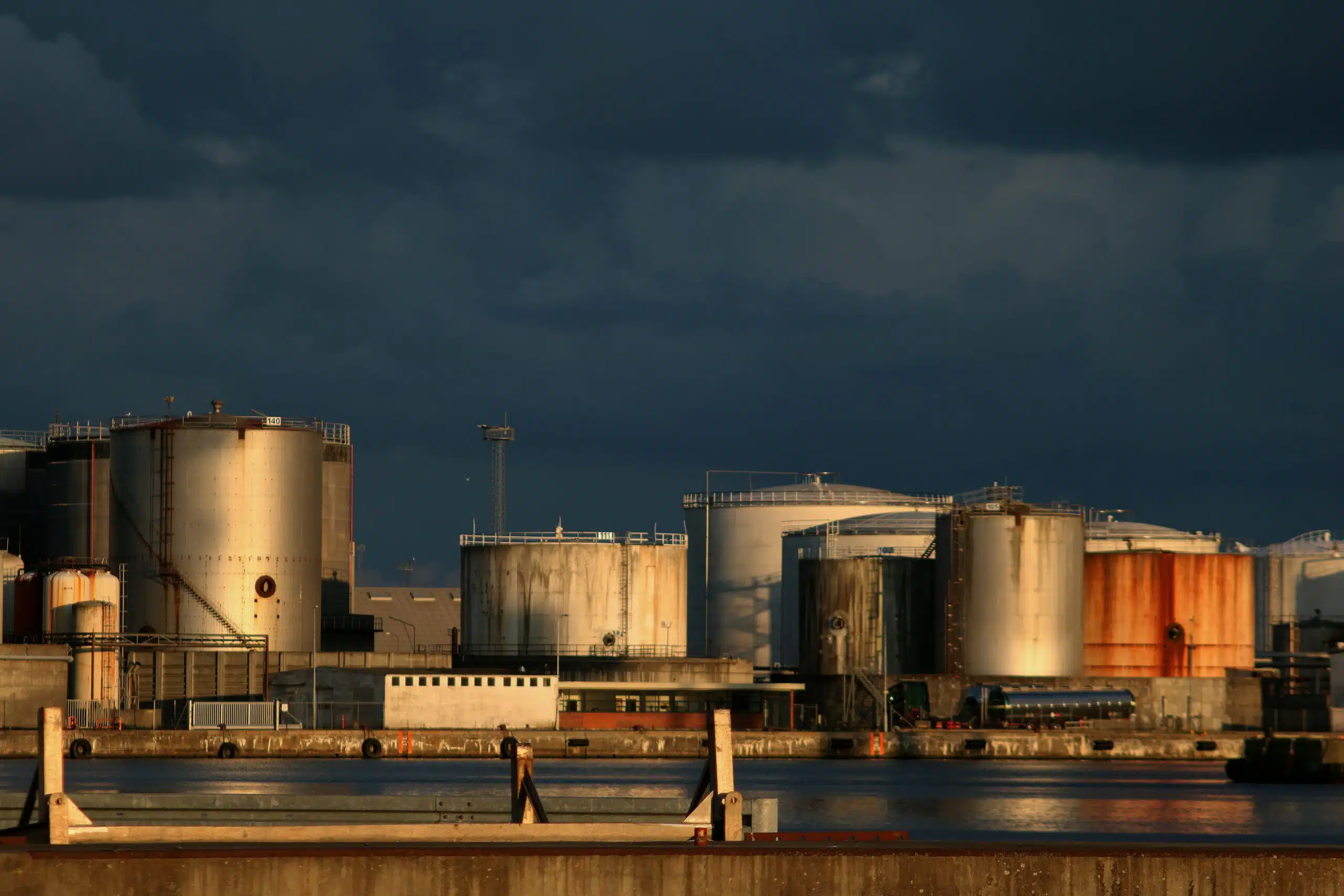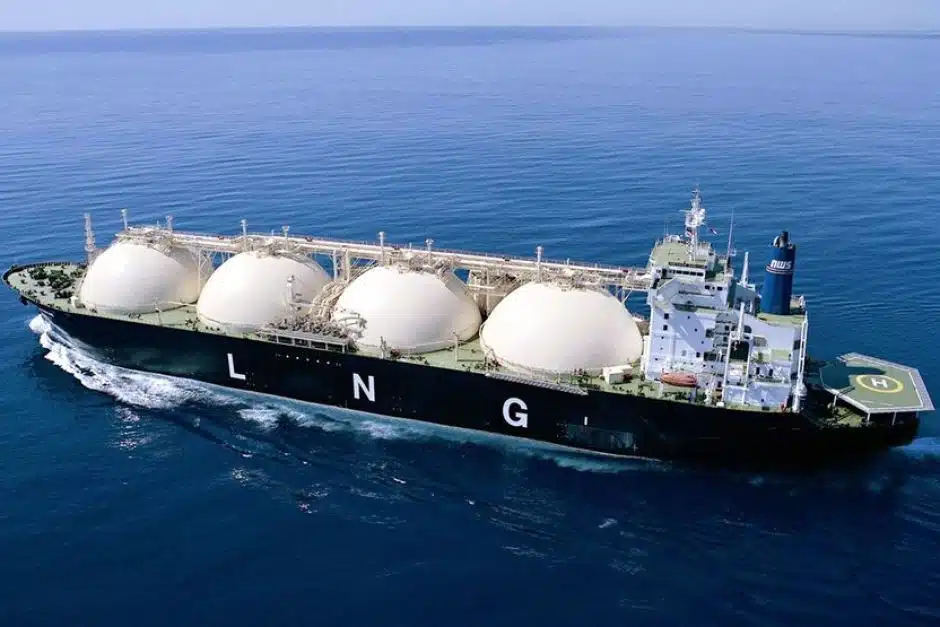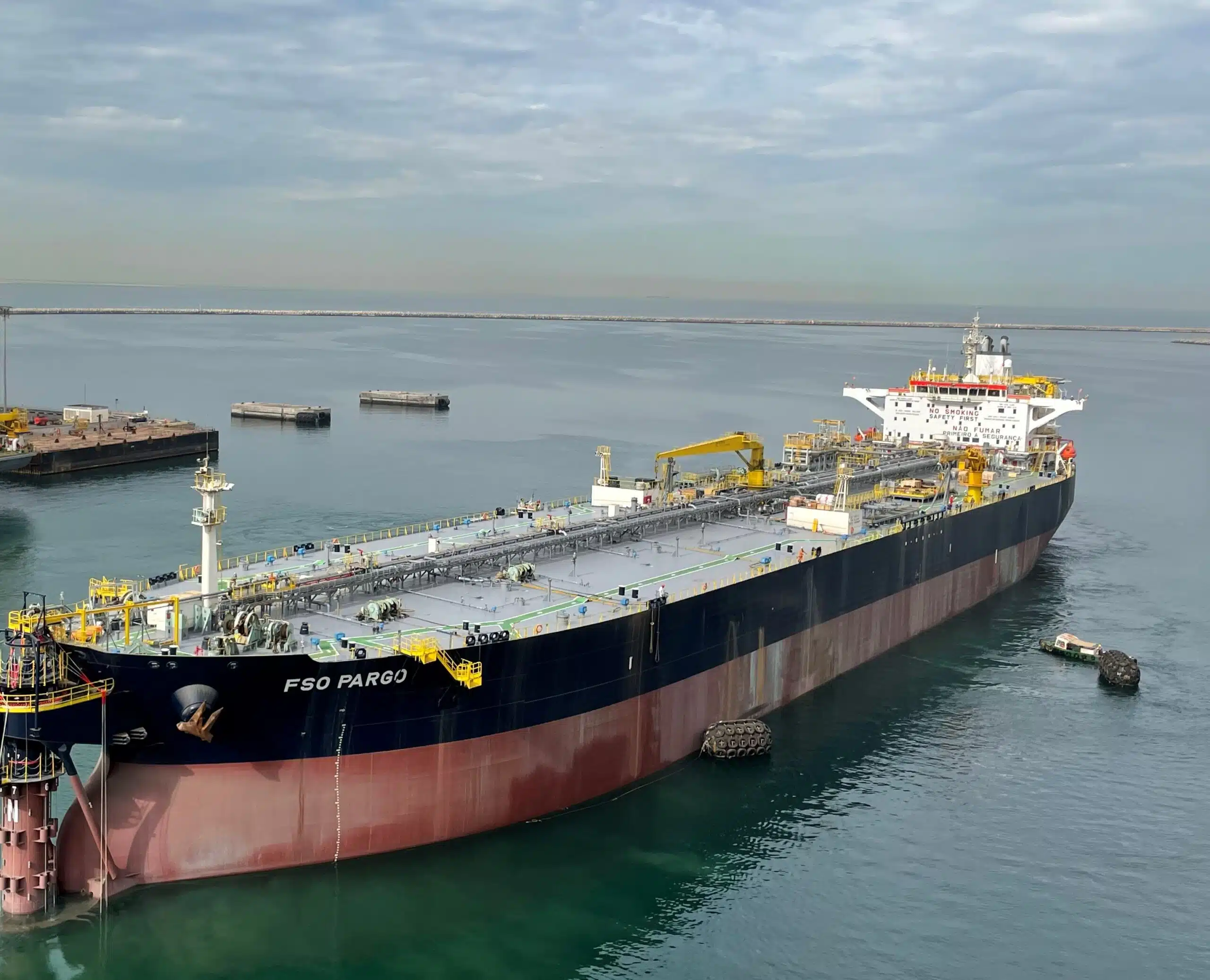Scotland’s Grangemouth refinery, the UK’s oldest and last remaining oil refinery, has officially ceased crude oil processing after seven decades of operation.
The plant, operated by Petroineos—a joint venture between PetroChina and INEOS—was responsible for 13% of the UK’s refining capacity, processing 150,000 barrels per day (bpd).
Petroineos announced the shutdown on Monday, citing unsustainable financial losses of approximately $500,000 per day and increasing competition from newer, more efficient refineries in the Middle East, Asia, and Africa.
The decision to shut the refinery was first made in November 2023.
However, the company later committed £50 million (about $67 million) to repurpose the site into an import and distribution terminal.
This plan went ahead despite calls from the UK’s Unite union to convert the refinery into a sustainable aviation fuel (SAF) facility, backed by a proposed £200 million clean energy investment—which was ultimately rejected.
The closure, which will result in over 400 job losses and reduce the workforce from 475 to just 75 employees, marks the end of an era for a plant that primarily processed North Sea crude oil.
Grangemouth’s gradual decline had already contributed to a 17-month fall in UK refinery output.
This has led to record-low net petrol exports of just 65,000 tons and diesel imports soaring to a near six-year high of 1.484 million tons, according to the Joint Organisations Data Initiative (JODI).
Industry experts say the rise of mega-refineries like Nigeria’s Dangote Refinery as a key driver of disruption in the European refining landscape.
Since launching in 2024, the $20 billion, 650,000 bpd Dangote Refinery—Africa’s largest—has significantly altered traditional supply chains.
Once a top buyer of European refined products, Nigeria has slashed imports as the new plant meets domestic demand and competes in international markets with competitively priced fuels.
Data from Vortexa Ltd compiled by Bloomberg in January showed Nigeria’s petrol imports had dropped to 110,000 bpd—an eight-year low.
Grangemouth’s closure is part of a broader trend in Europe’s refining sector.
Two other major European refineries are also slated for shutdowns this year.
Shell has begun closing its 147,000 bpd Wesseling plant in Germany, while BP plans to scale down capacity at its 257,000 bpd Gelsenkirchen refinery.
According to Argus Media, the combined removal of over 400,000 bpd in refining capacity this year will represent about 3% of Europe’s total.








